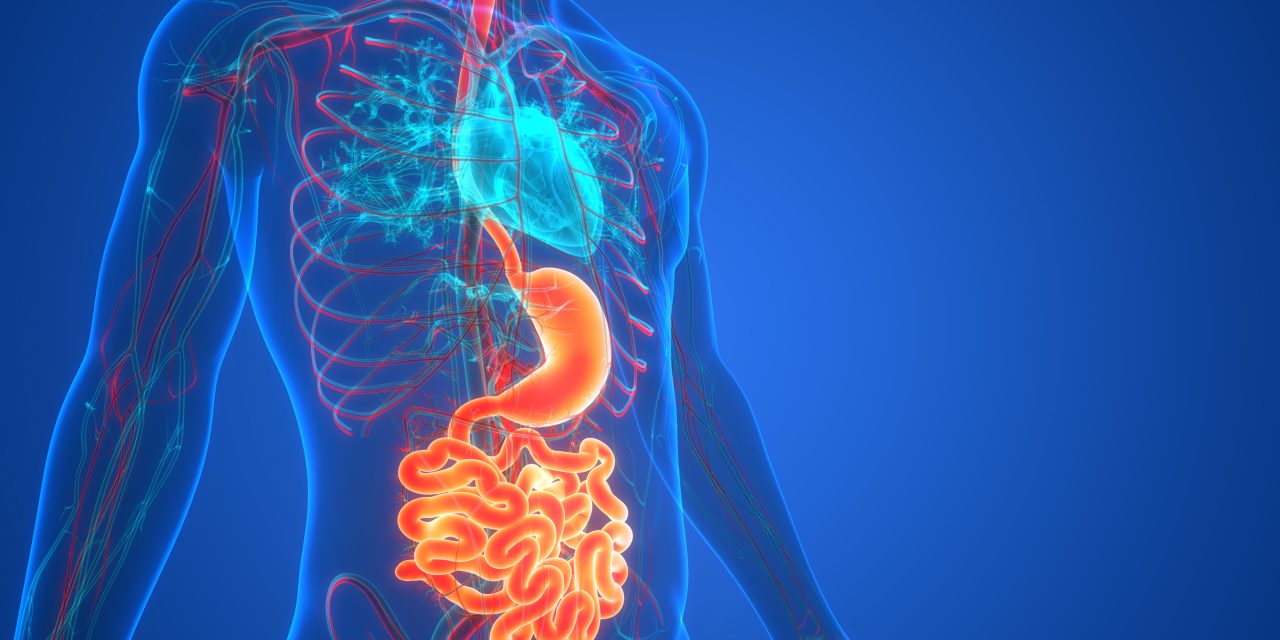PRDM14 is highly expressed in several cancers but is not detected in normal tissues. It confers cancer stem cell-like properties, including chemoresistance and distant metastasis, to cancer cells. Herein, we aimed to develop a highly effective therapy against advanced stage cancer based on intravenously delivered PRDM14-targeted siRNA. First, we examined PRDM14 expression and gene amplification in breast and pancreatic tumors and cell lines. PRDM14 was expressed in breast cancer, including the triple-negative subtype, and pancreatic cancer. PRDM14 was amplified in 23.8% of patients with PRDM14 breast cancer. Next, we investigated the inoculated tumor growth and distant metastasis following PRDM14 depletion by administering mice with PRDM14-specific chimeric siRNA combined with a novel branched PEGylated poly-L-ornithine (PLO)-based intravenous drug delivery system, designated PRDM14 unit polyion complex (uPIC) (n = 6/group). Inhibition of PRDM14 expression with PRDM14 uPIC by systemic intravenous injection effectively reduced tumor size and metastasis in vivo, thereby improving survival. Finally, pharmacokinetic/toxicokinetic analyses were performed on PRDM14 uPIC, which was intravenously administered to rats (n = 10-15/group) and cynomolgus monkeys (n = 3-5/group), twice weekly for 4 weeks. This revealed that PRDM14 uPIC was relatively non-toxic and the siRNA exposure in serum was greater than that predicted by the administered dose ratio when delivered as a uPIC. Taken together, this study indicated that PRDM14 uPIC is highly effective in suppressing malignant features of solid cancers and does not cause severe toxicity, making it a promising therapeutic agent for cancer treatment.This article is protected by copyright. All rights reserved.
Treatment of primary and metastatic breast and pancreatic tumors upon intravenous delivery of a PRDM14-specific chimeric siRNA/nanocarrier complex.


